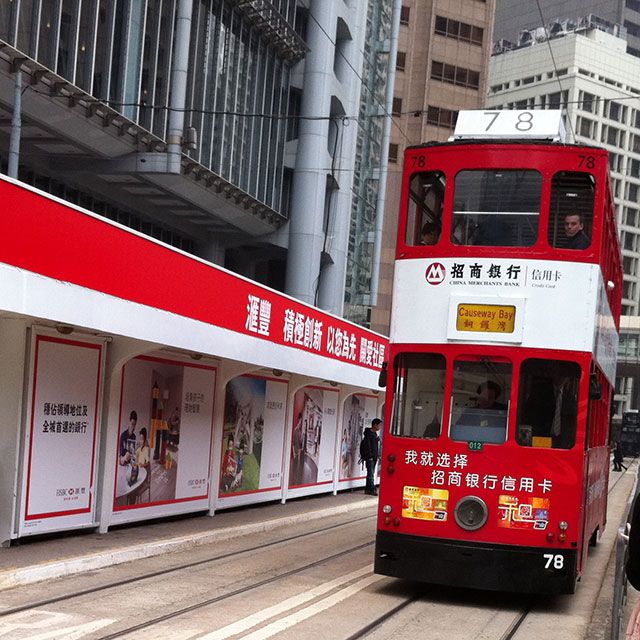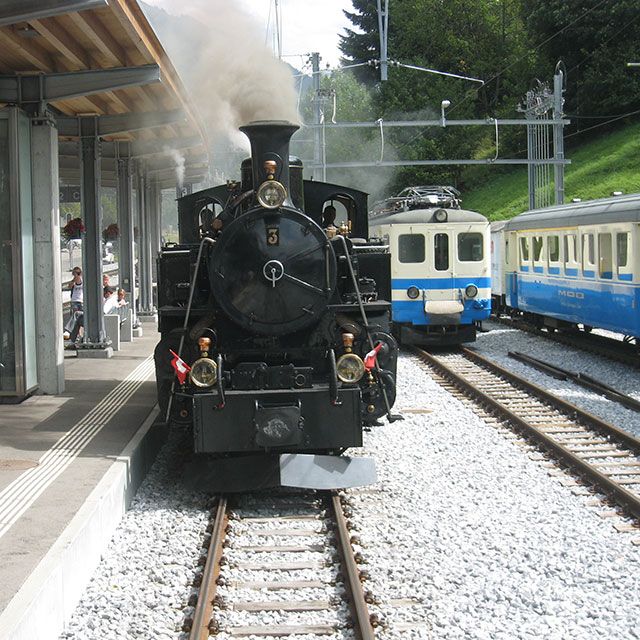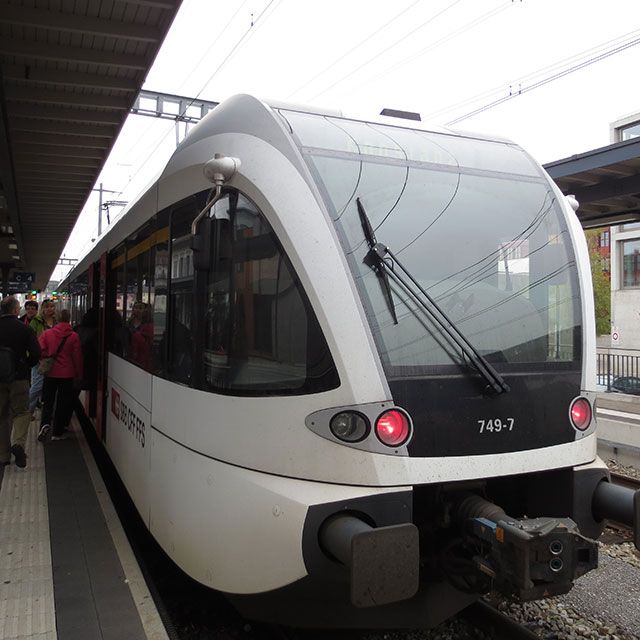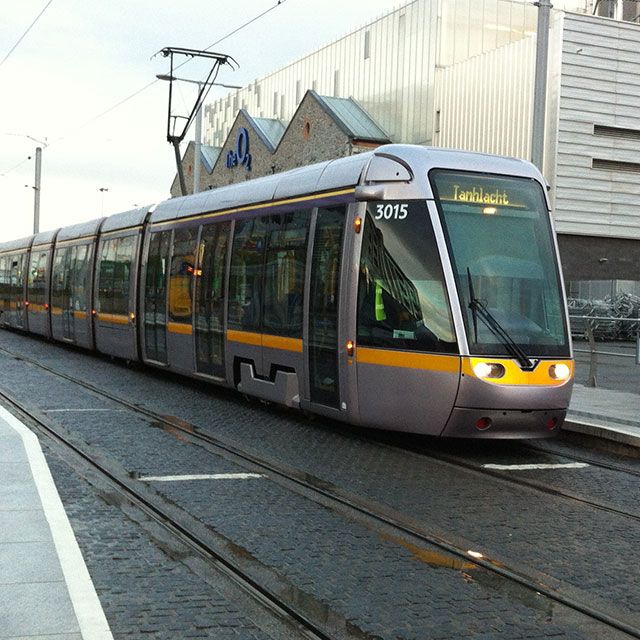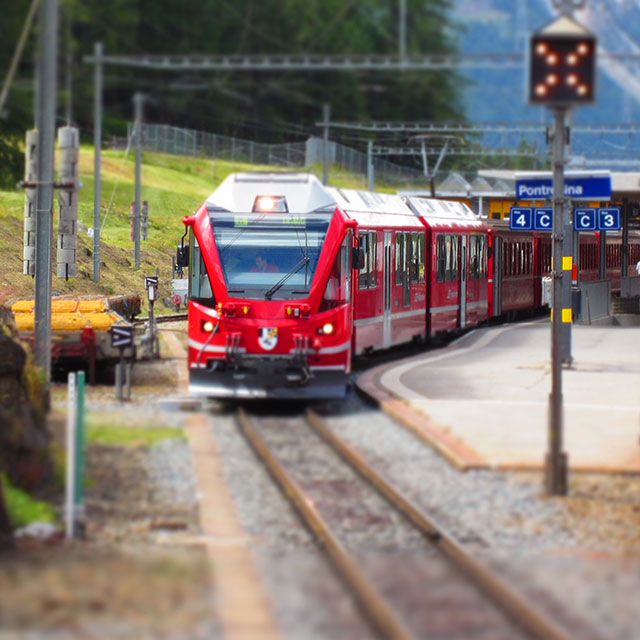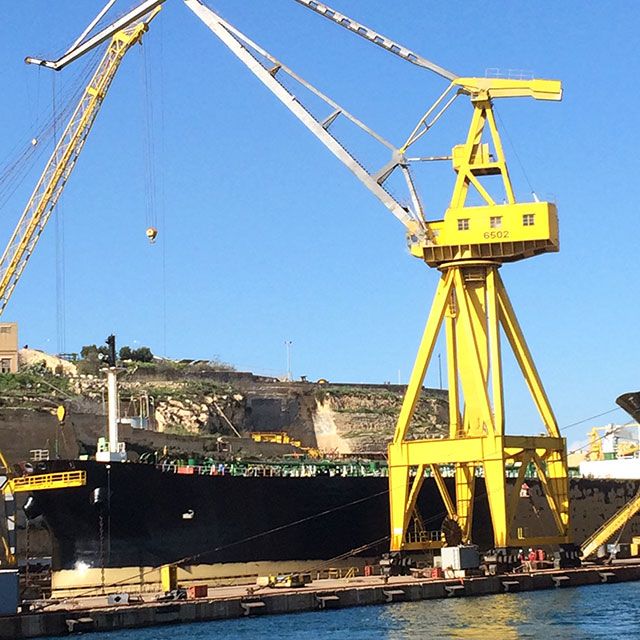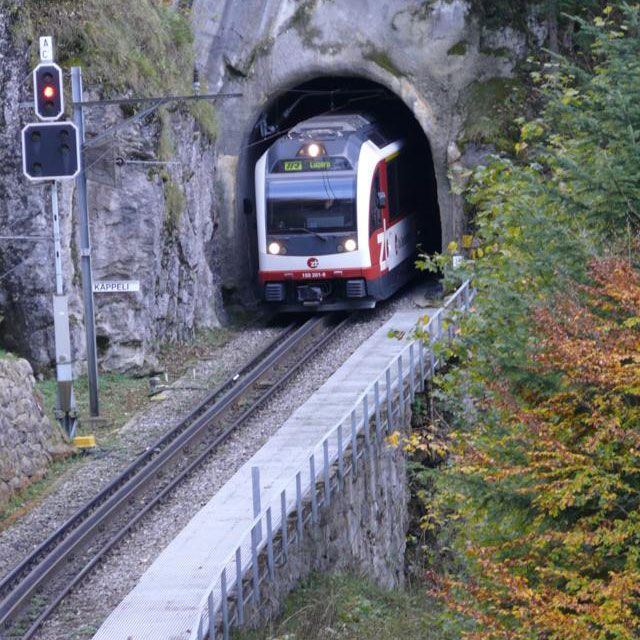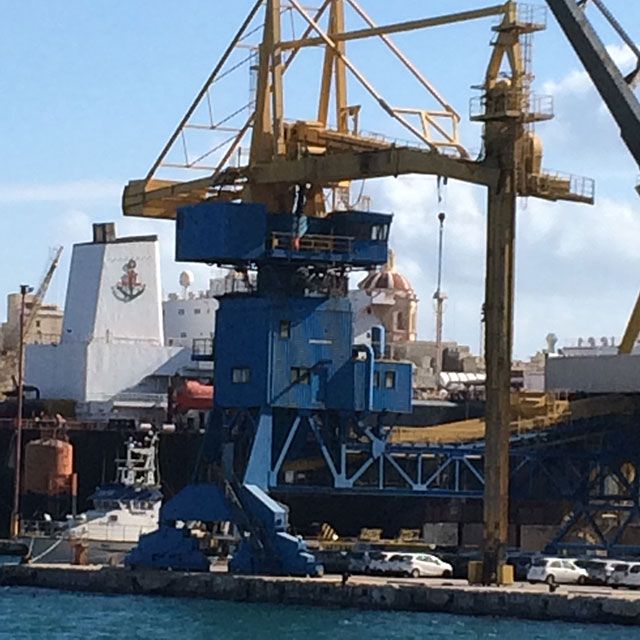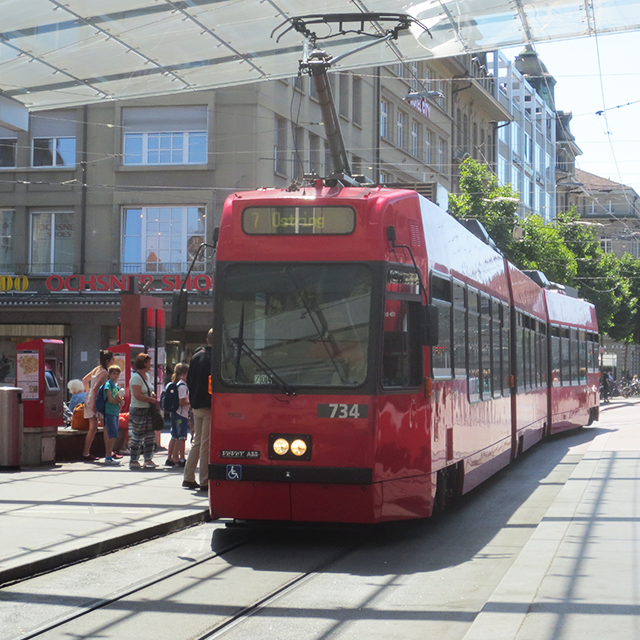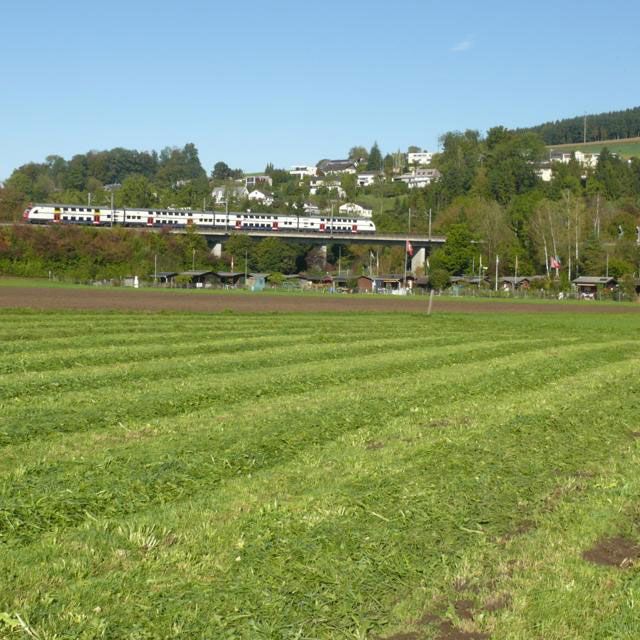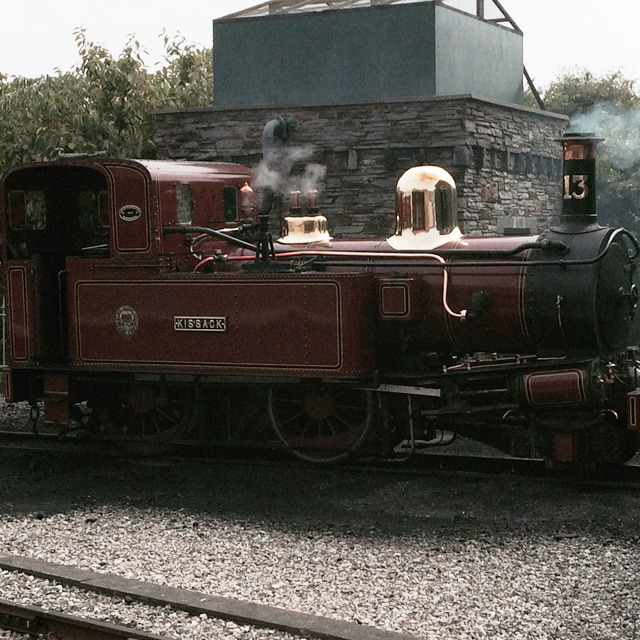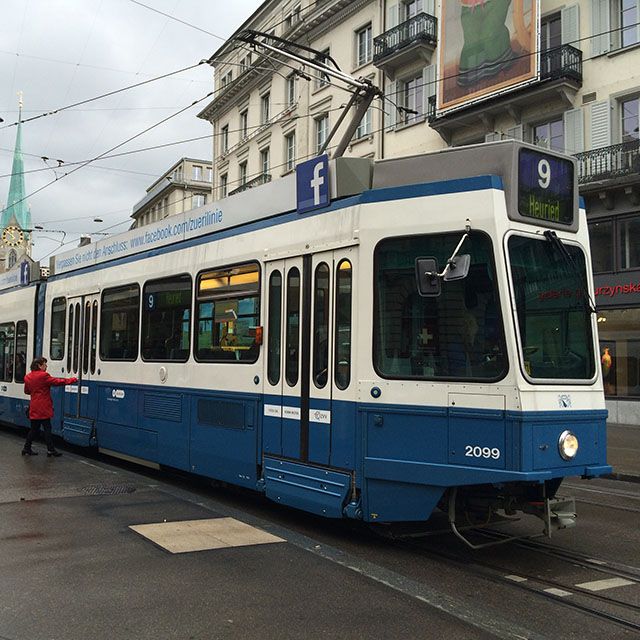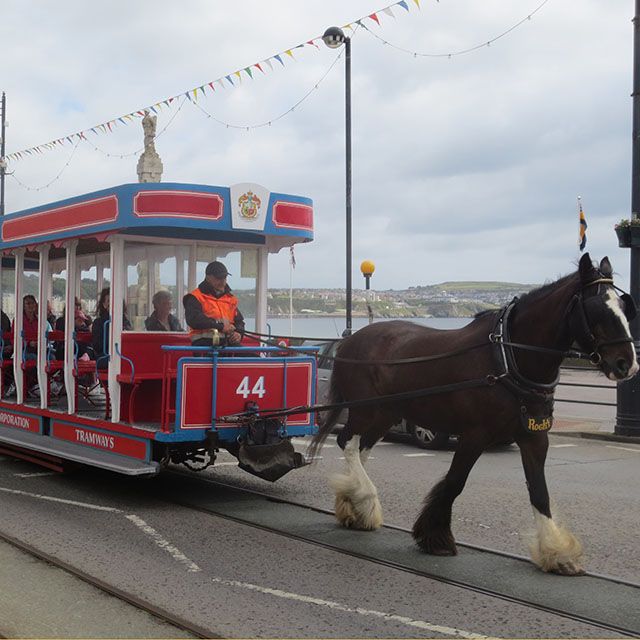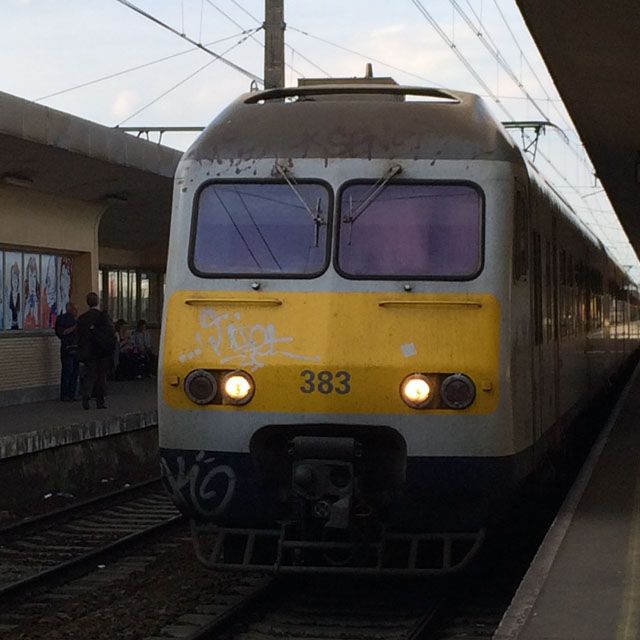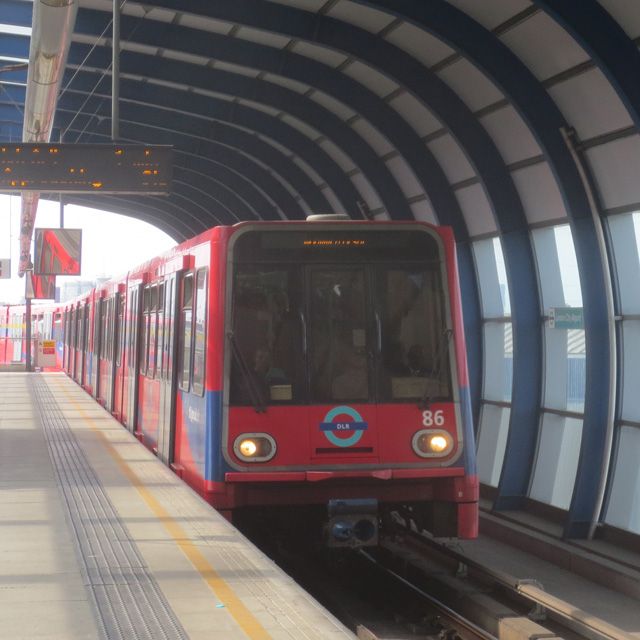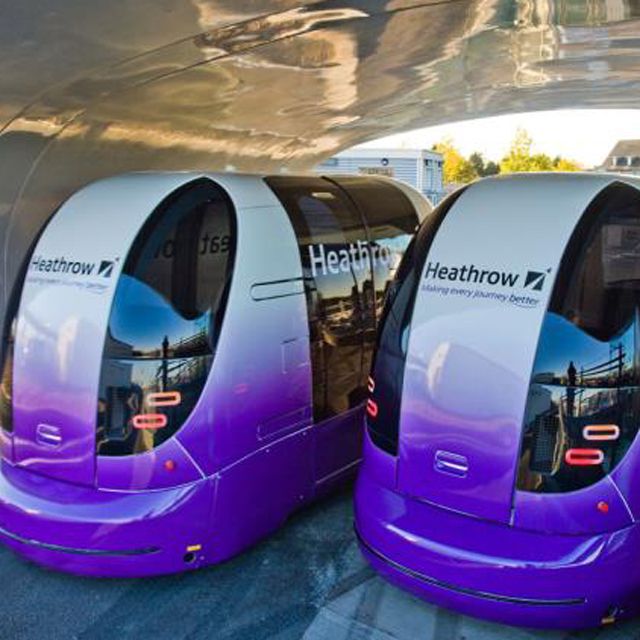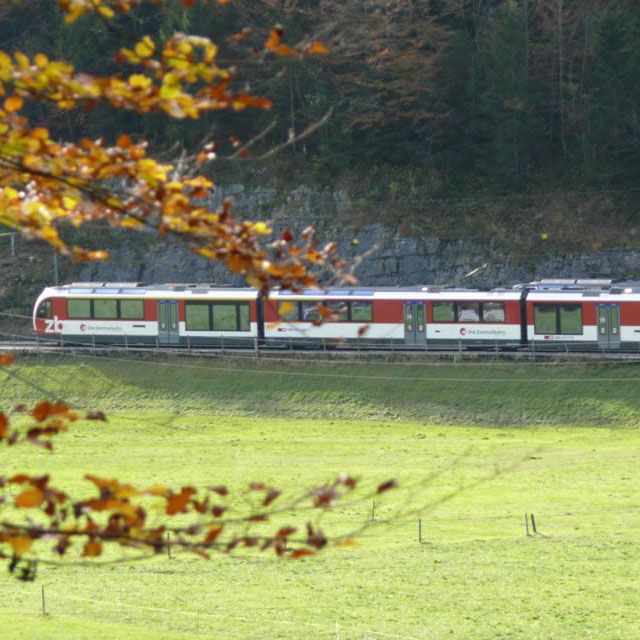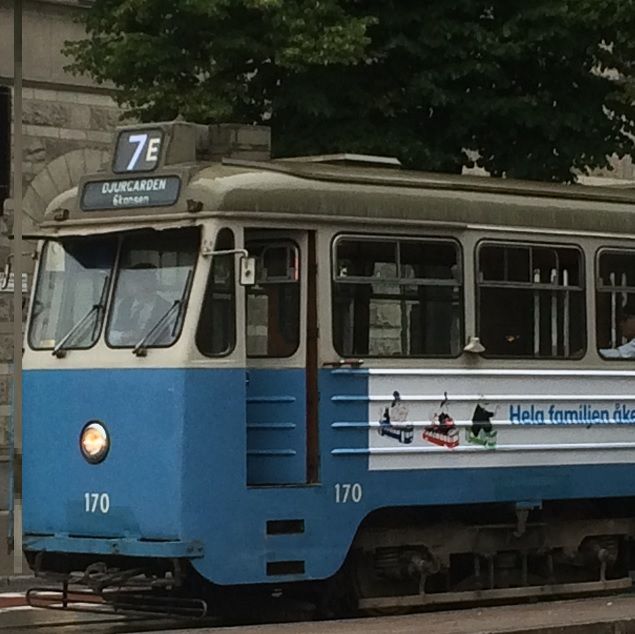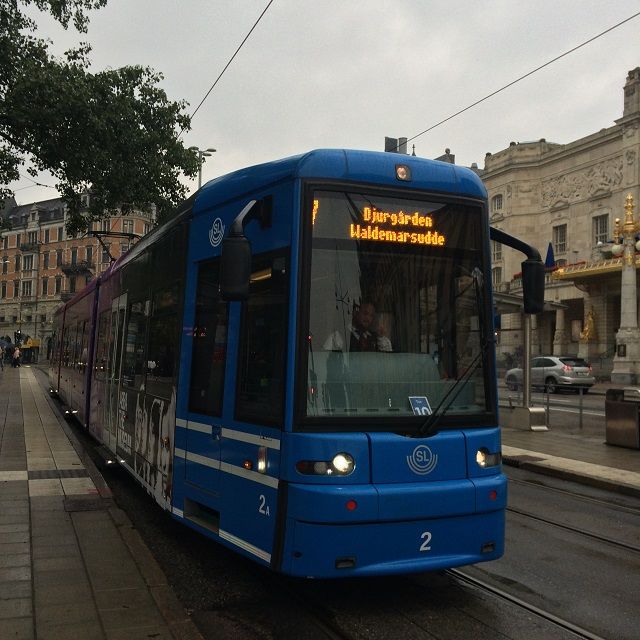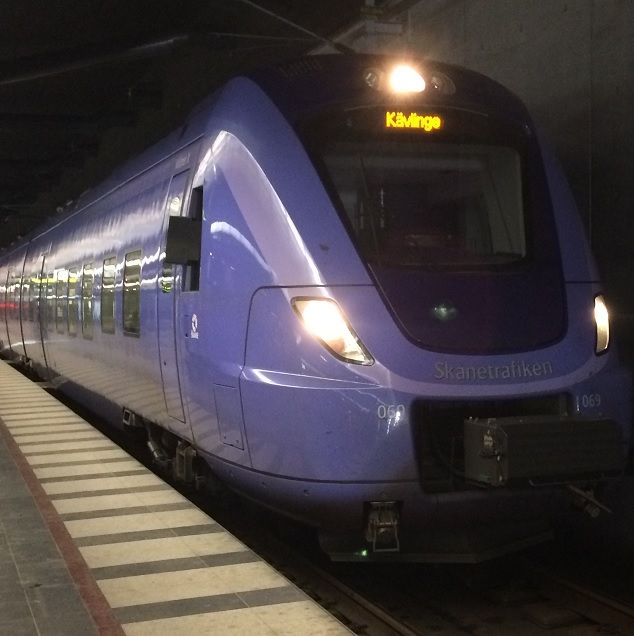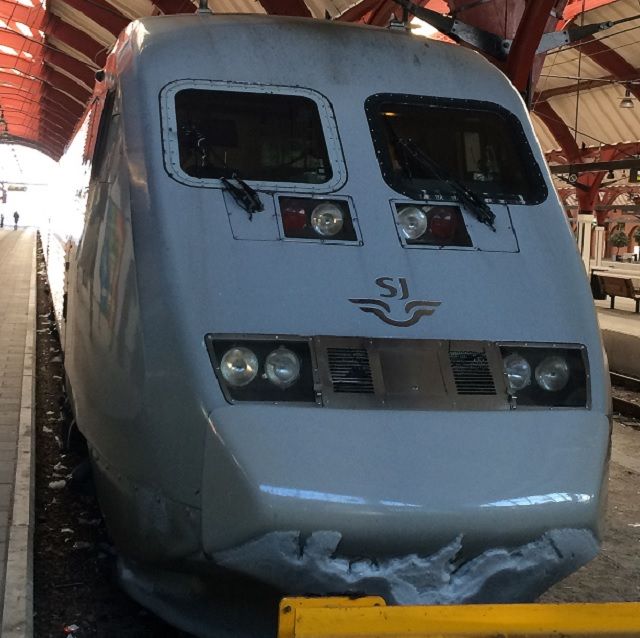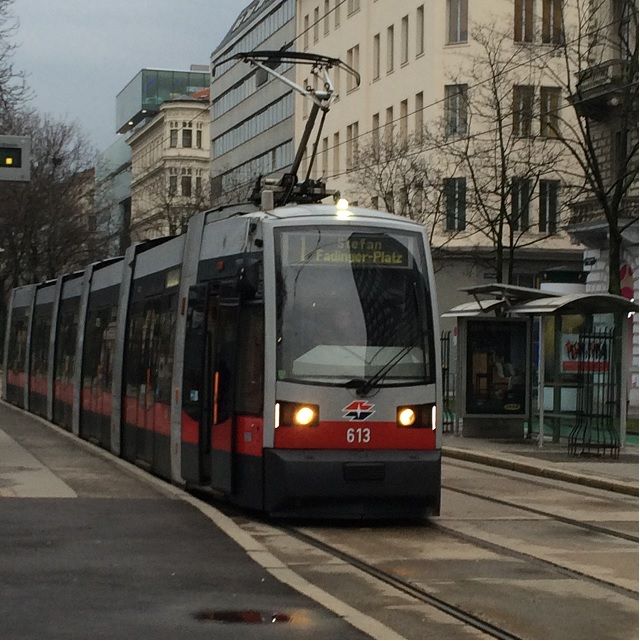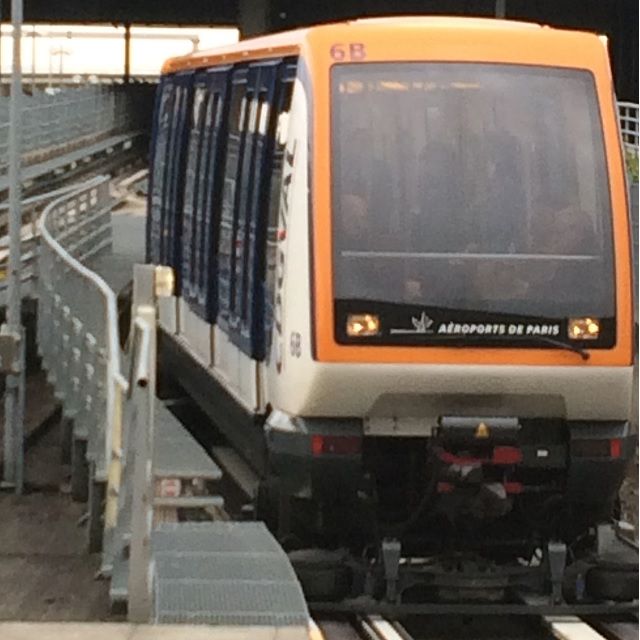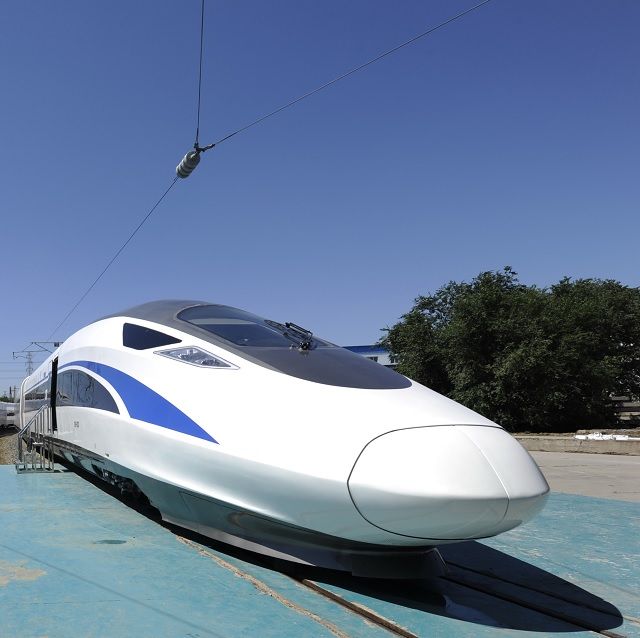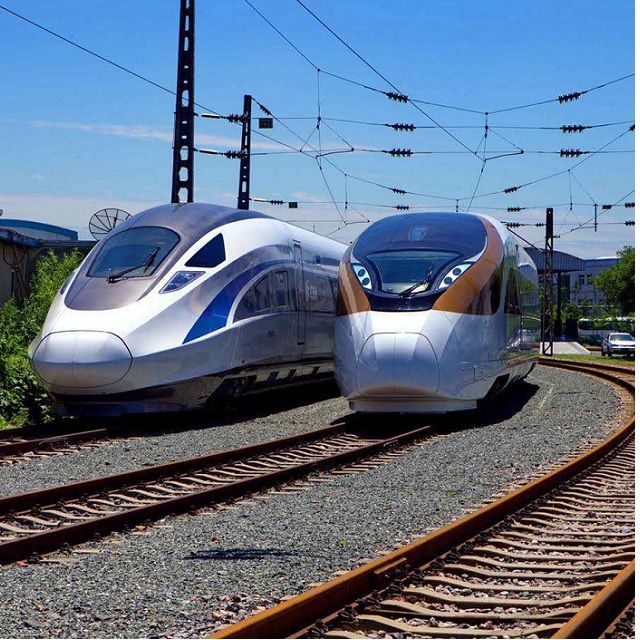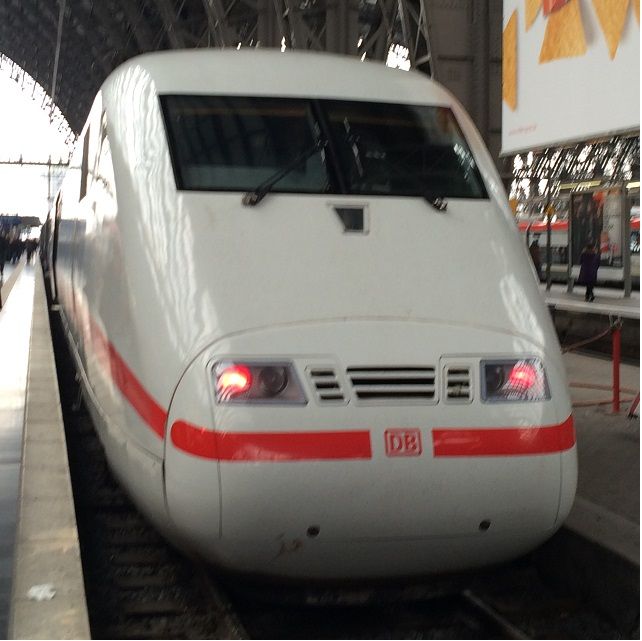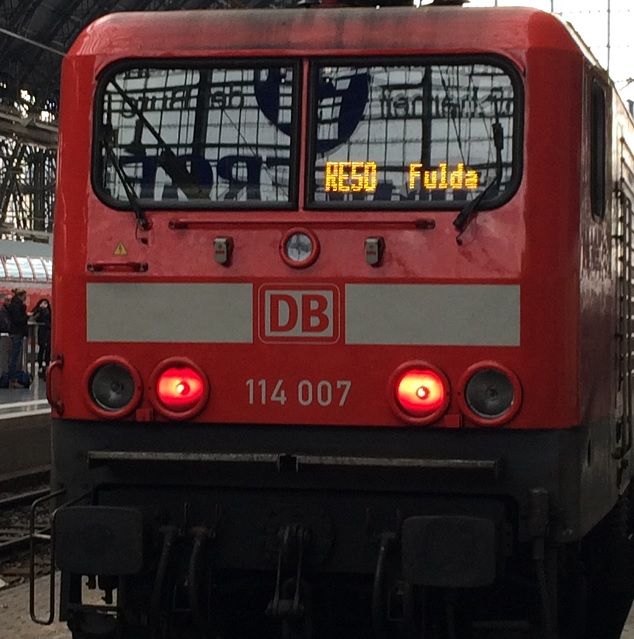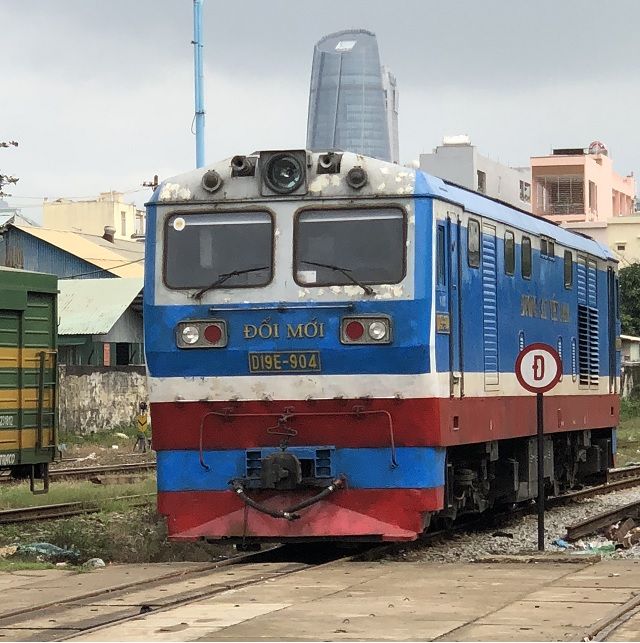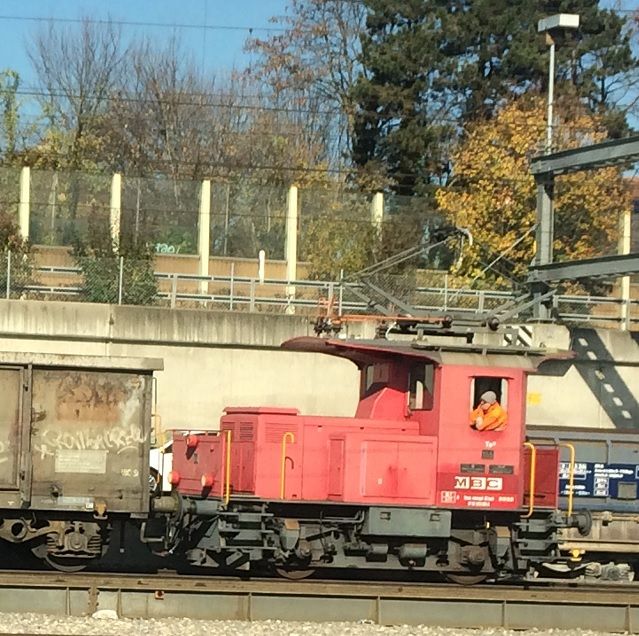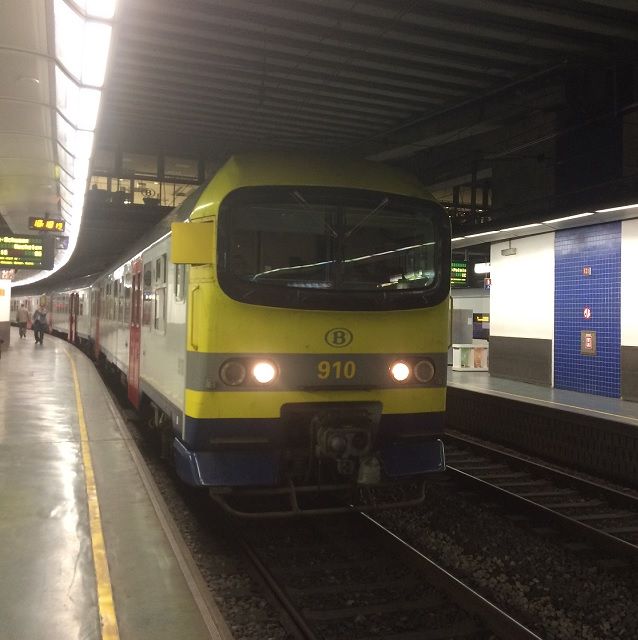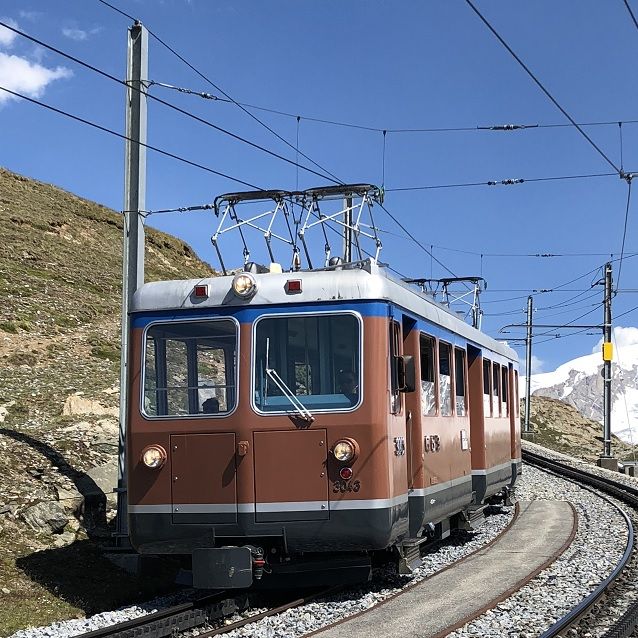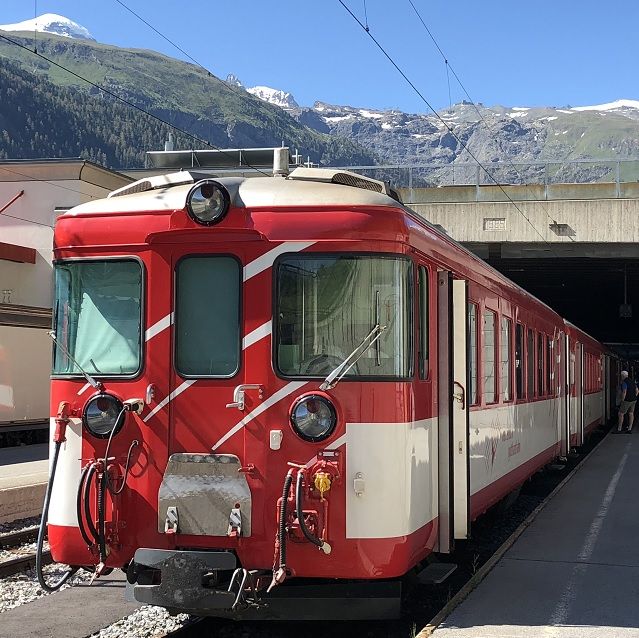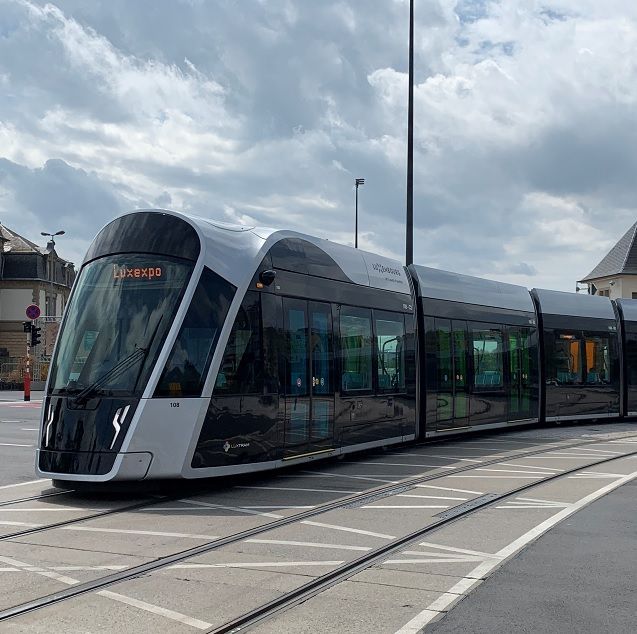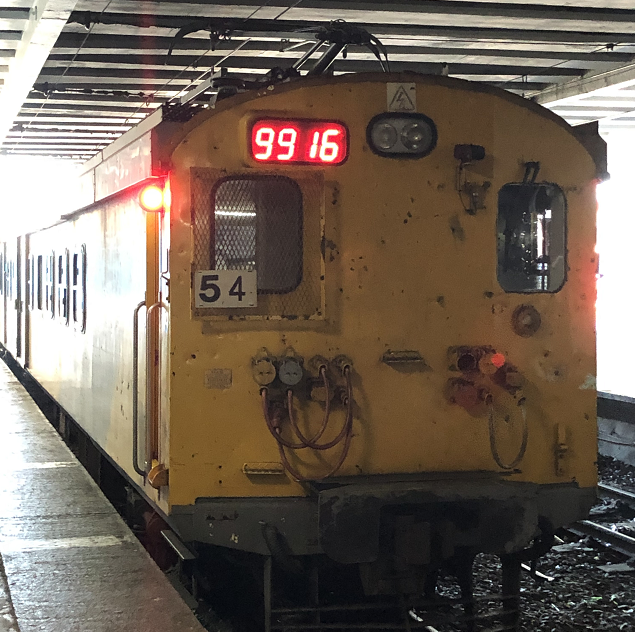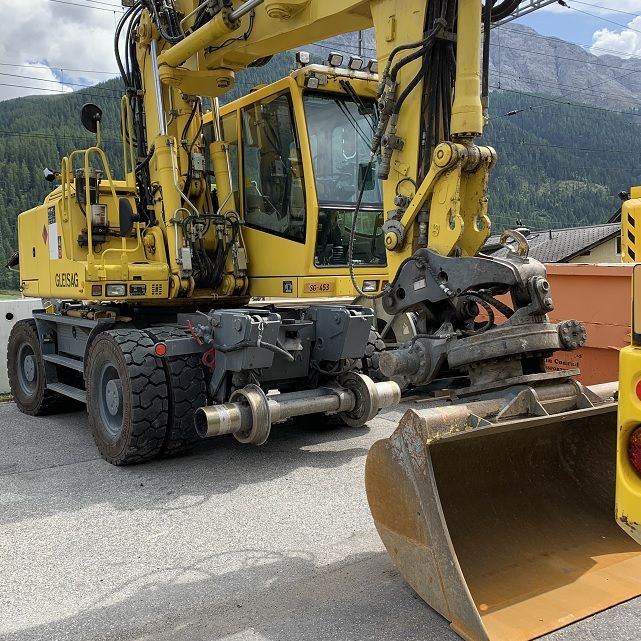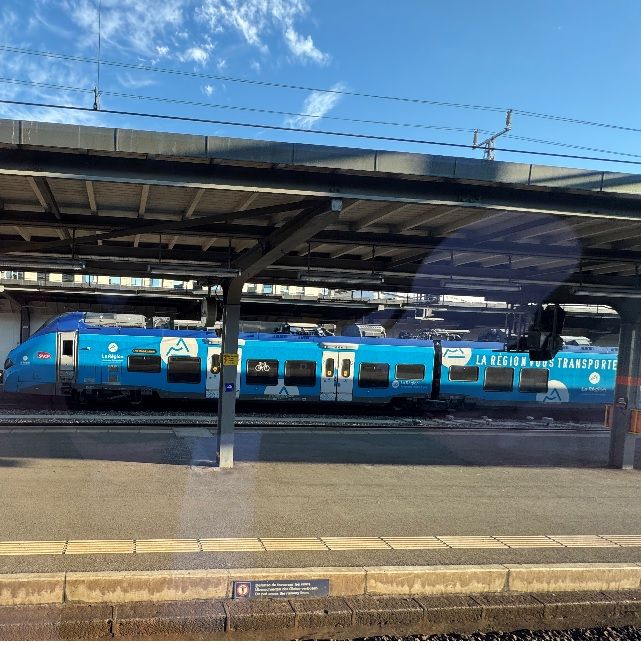News
ECAs roll out an important change improving rail finance.
The Export Credit Agencies (ECAs) of most OECD member states have announced an important modernisation of their Arrangement on Officially Supported Export Credits. This is the agreement between ECAs on the terms of support that may be given to exports of goods from OECD states. This modernisation comes after several years of negotiations and is focused on supporting “green” projects. Accordingly, all zero-emission rolling stock will be moved into the Climate Change Sector Understanding. As a result, maximum repayment terms will be extended from 14 to 22 years, and further repayment flexibilities and adjustments to premium rates for credit risk will also be introduced. Coming at a time when the Luxembourg Rail Protocol to the Cape Town Convention is about to enter into force, this will provide a major boost to rolling stock exporters by facilitating cheaper and longer-term export credits.
The Rail Working Group (RWG) welcomes these reforms. “The critical problem for many rail operators in the Global South who are looking to renew or expand their rolling stock fleets has been finding the resources to purchase this urgently needed equipment,” explains RWG Chair Howard Rosen. “This improvement will help to make private finance for ECA-supported exports of qualifying locomotives and all wagons a more economically sustainable solution.” He points out, however, that this should be just the first step. ECAs reduce their risk premiums by 10% when the Aircraft Protocol to the Cape Town Convention applies, reflecting the incremental security this gives to creditors. “At the very least, this discount must be extended to railway rolling stock once the Luxembourg Rail Protocol applies. Furthermore, taking into account the major environmental benefits delivered by the railways for passenger and freight transportation, it should be significantly higher,” Rosen adds.
NOTES FOR EDITORS
The Arrangement on Officially Supported Export Credits is a detailed agreement, under the auspices of the OECD, between ECAs from Australia, Canada, the European Union, Japan, Korea, New Zealand, Norway, Switzerland, Türkiye, the United Kingdom, and the United States limiting how and to what extent ECAs, often owned or supported by governments, can underwrite exports of goods. All rolling stock is currently covered by the Rail Sector Understanding, forming part of this Arrangement. The agreed reforms are expected to come into effect later this year, once participating states complete their formal internal decision-making processes and agree to the new Arrangement text. For more information see: https://www.oecd.org/newsroom/agreement-to-expand-export-credit-support-for-climate-friendly-and-green-projects.htm
The Luxembourg Rail Protocol to the Cape Town Convention on International Interests in Mobile Equipment is a new global treaty under the auspices of UNIDROIT, the International Institute for the Unification of Private Law. The Protocol will make it much easier and cheaper for the private sector to finance railway rolling stock. It sets up a new system for recognition, priorities and enforcement of creditor and lessor rights, which will be registered in an international registry based in Luxembourg, accessible to everyone over the internet 24/7. The Protocol is expected to enter into force in contracting states in late 2023. The European Union (in respect of its competences). Luxembourg, Sweden, Spain and Gabon have ratified the Protocol. France, Germany, Switzerland, Mozambique, Italy, South Africa and the UK have already signed the Protocol and many other states, including Kenya, China, Malta, Eswatini, Namibia, Senegal, Ethiopia, Finland, Ukraine and Mauritius, are looking at adoption of the Protocol. The Protocol is endorsed by many international rail organisations (including OTIF, UIC, CER and Eurofima) and actively supported by the African Union, the UN Economic Commission for Africa and the UN Economic Commission for Europe.
The Rail Working Group is a Swiss-based not-for-profit association focused on the adoption and implementation of the Luxembourg Rail Protocol. It has about 80 direct members and hundreds of additional rail stakeholders represented indirectly by various industry organisations that belong to, and support, the objectives of the RWG.
For more on the Luxembourg Rail Protocol and the Rail Working Group see www.railworkinggroup.org.
Further information from the Rail Working Group:
Tel. +41 41 760 28 88,
Email: info@railworkinggroup.org
Twitter: https://twitter.com/RailWorkingGrp.
LinkedIn: https://www.linkedin.com/groups/8944744/
EU Contact: Irene Fucà
Africa Contact: Mesela Nhlapo
ENDS



